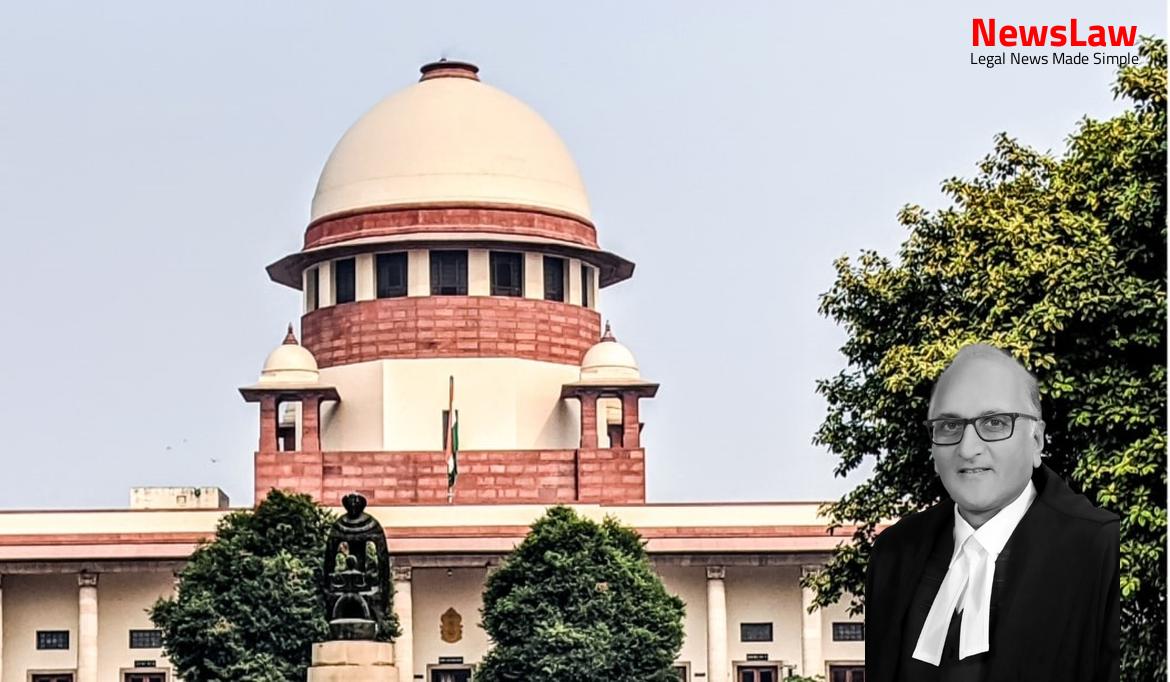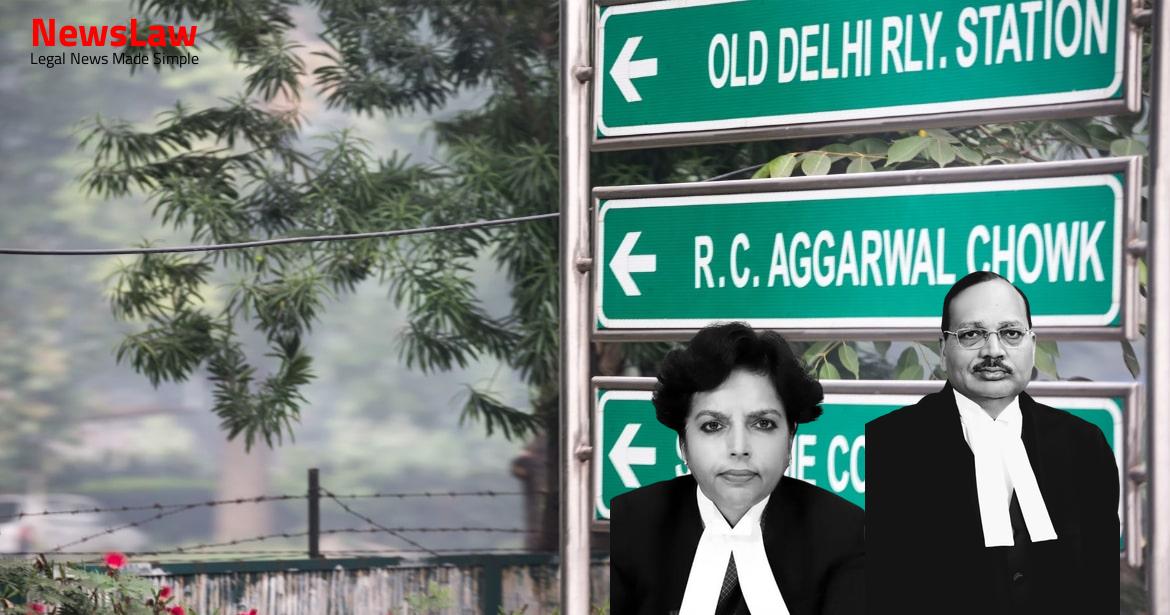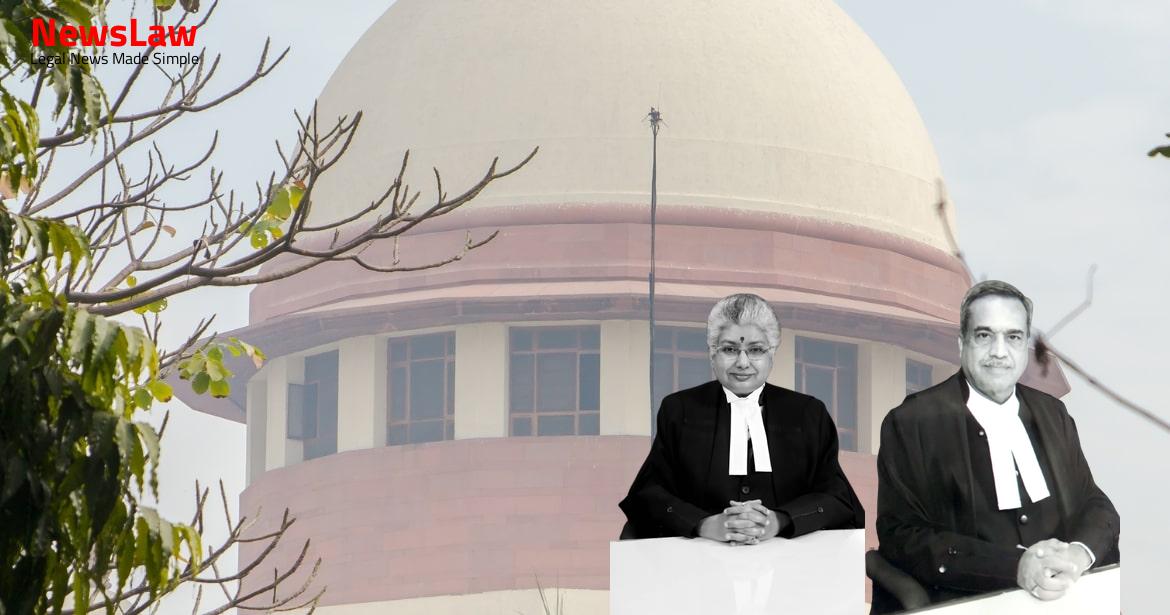In a landmark legal case, the High Court asserts its authority under Article 226 while considering the rights of individuals with disabilities. The court’s analysis focused on the application of the 2016 Rights of Persons with Disabilities Act, emphasizing the importance of upholding equal opportunities and protecting the rights of all individuals. This case sets a precedent for addressing entitlements under the 2016 Act and affirming the validity of qualifications obtained by individuals with disabilities.
Facts
- The High Court observed that the petitioner may be entitled to be declared successful in the course but they could not grant any further relief in the petition under Article 226.
- The High Court did not have the necessary powers under Article 226 to declare the petitioner as having passed the M Des program held by IDC.
- The appellant claimed to be suffering from ‘learning disabilities’ known as ‘Dyscalculia’.
- The appellant filed a writ petition under the provisions of the Persons with Disabilities (Equal Opportunities, Protection of Rights and Full Participation) Act, 1995.
- The principal relief sought by the appellant in the writ petition was to be taken into the course of Master Design in the 2013 batch.
- The High Court passed interim orders directing the consideration of the appellant’s candidature and admitted her to the course of Master in Design.
- The appellant successfully completed the course with time.
Also Read: Balancing Power and Transparency: Electoral Bonds Struck Down, Disclosure Mandated
Issue
- The High Court had to address the fate and issue directions for the appellant who had completed the course under interim directions.
- It was a crucial point for the court to consider while dealing with the case.
Also Read: Recall of Resolution Plan Approval: Legal Analysis
Analysis
- The 1995 Act has been replaced by the Rights of Persons with Disabilities Act, 2016 (2016 Act).
- The 2016 Act is now in effect and takes precedence over the 1995 Act.
- Any references to the 1995 Act in legal matters should now be directed towards the 2016 Act.
- The appellant’s entitlement based on the provisions of the 2016 Act is established.
- The appellant has successfully completed the course in question.
- The court affirms the High Court’s decisions on legal issues.
- The appellant’s candidature will not be canceled to avoid jeopardizing her qualification.
Decision
- The appropriate steps, including handing over of the degree and all other testimonials to the appellant, must be completed within four weeks from today.
- No costs are imposed in disposing of the appeal.
- Under Article 142 of the Constitution of India, it is declared that the appellant has successfully completed the course of Master in Design, and the qualification is valid for all practical purposes.
- The judgment by the High Court on legal questions is affirmed.
- Any consideration of the appellant’s entitlement under the 2016 Act will be in accordance with the law.
Case Title: NAMAN VERMA Vs. DIRECTOR THE INDIAN INSTITUTE OF TECHNOLOGY (2022 INSC 555)
Case Number: C.A. No.-003886-003886 / 2022



